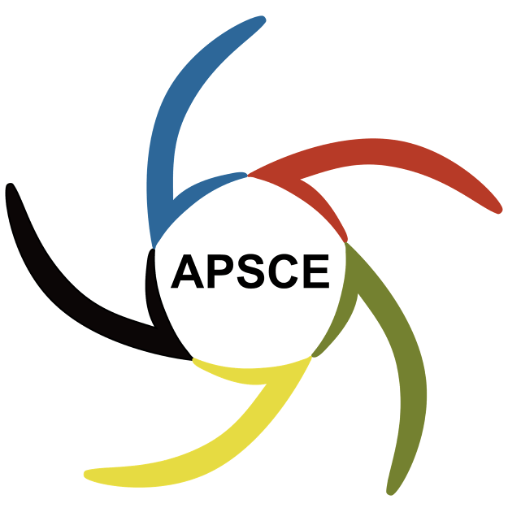

Speaker: Prof. Gautam BISWAS (Vanderbilt University, USA)
Moderator: Prof. Chee Kit LOOI (Nanyang Technological University, Singapore)
Curated by: APSCE Computational Thinking in Education & STEM (CTE-STEM) SIG
Date: 2 June 2022 (Thursday)
Time: 01:30-02:30 (GMT+0)
FREE Registration (due 31 May 2022): https://apsce.net/webinar
Abstract
In the last decade, new directions have evolved in the field of AI in Education, one primarily being the development of Open-Ended Learning Environments (OELEs). In OELEs, learners are presented with opportunities to practice problem-solving skills in real-world contexts using tools and resources that engage them in activities, such as generating, verifying, and refining hypotheses, and constructing solutions to specified problems.
In this talk, I will first present examples of OELEs that we have developed that promote STEM+C learning in K-12 classrooms, and focus on an environment called SPICE (Science Projects Integrating Computation and Engineering) that integrates the learning of science and engineering using a computational thinking (CT) framework in middle school classrooms. Our system introduces computational thinking (CT) concepts and practices along with computational modeling activities to serve as the platform for integrated engineering and science learning. SPICE implements a water runoff curriculum, where students build computational models of water runoff for different ground surface materials after heavy rainfall. Students use their developed models to solve an engineering design challenge, where they analyze the trade-offs between cost, absorption, and accessibility as they search for their “optimal” engineering design solution. Using classroom studies and analysis methods, I will answer a core research question: how does a learning sequence, which adopts multiple linked representations, and combines conceptual and computational modeling with engineering design, help students develop critical thinking skills in STEM and CT?